Welcome to the essential guide on using propane stoves indoors, where convenience meets caution. In today’s fast-paced world, propane stoves have become a popular choice for indoor cooking due to their portability and efficiency.
However, with this convenience comes the responsibility of understanding the potential risks associated with indoor propane stove usage. In this article, we will delve into the safety aspects of using propane stoves inside your home.
Exploring the benefits, risks, and crucial safety measures, we aim to provide you with the knowledge necessary to make informed decisions about cooking indoors with propane. So, let’s embark on this journey, ensuring your safety is at the forefront of your culinary adventures.
Table of Contents
- 1 Are Propane Stoves Safe Indoors?
- 2 What Are Propane Stoves?
- 3 Can I Use A Coleman Propane Stove Indoors?
- 4 Can Propane Burner Be Used Indoors?
- 5 Are Portable Propane Stoves Safe?
- 6 Are Propane Stoves Safer Than Natural Gas Stoves?
- 7 Do Propane Stoves Need To Be Vented?
- 8 Does Burning Propane Need Ventilation?
- 9 Safety Measures to Consider When Using Propane Gas Stoves
- 10 Final Thoughts: Are Propane Stoves Safe Indoors?
- 11 Frequently Asked Questions (FAQs)
- 11.1 Are Propane Gas Stoves Safe Indoors?
- 11.2 Can I Use A Propane Stove In My Kitchen?
- 11.3 How Often Should I Inspect My Propane Stove?
- 11.4 Are Propane Stoves More Efficient Than Electric Stoves?
- 11.5 What Should I Do If I Smell Gas Using A Propane Stove?
- 11.6 Can I Store Propane Tanks Indoors During The Winter?
Are Propane Stoves Safe Indoors?
Yes, propane stoves can be safe indoors when used responsibly with adequate ventilation. Proper ventilation helps prevent the buildup of harmful gases, ensuring your safety. Adhering to safety guidelines minimizes risks, allowing for safe indoor use of propane stoves.
Regular maintenance checks, such as inspecting hoses and connections for leaks, further enhance the safety of indoor propane stove usage, making it a convenient and secure option for cooking inside your home.
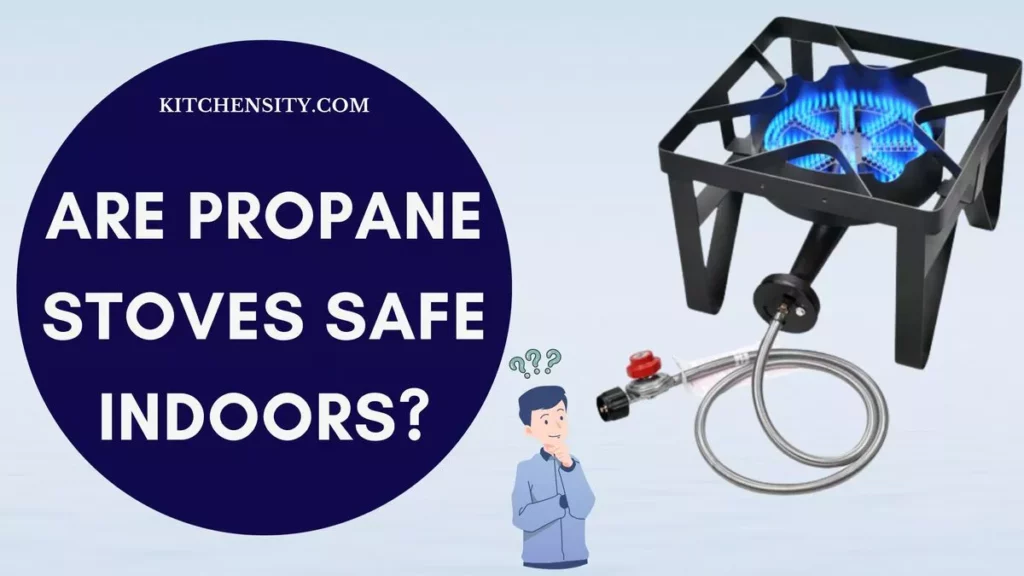
Also Read – What Happens If You Use Propane On A Natural Gas Stove?
What Are Propane Stoves?
Propane stoves are portable cooking appliances powered by propane gas, a hydrocarbon gas stored in pressurized tanks. These stoves are designed for outdoor and indoor use and provide a convenient way to cook meals. Propane stoves typically consist of burners and controls to adjust the flame intensity. They offer precise temperature control, making them suitable for various cooking methods.
Propane stoves are popular for camping, outdoor activities, and emergencies due to their portability and ease of use. When used indoors, it’s essential to follow safety guidelines to ensure proper ventilation and prevent the buildup of harmful gases like carbon monoxide.
Also Read – How To Convert A Natural Gas Stove To Propane?
The Benefits Of Propane Stoves
Propane stoves offer several benefits that make them a popular choice among users. Here are some of the key advantages of using propane stoves:
- Portability: Propane stoves are compact and lightweight, making them highly portable. They are ideal for camping trips, picnics, and outdoor events where traditional cooking appliances might need to be more practical.
- Instant Heat: Propane stoves provide instant and consistent heat, allowing for quick cooking and efficient meal preparation. There’s no need to wait for the stove to heat up; it’s ready to use as soon as you turn it on.
- Precise Temperature Control: Propane stoves offer precise temperature control, allowing users to adjust the flame intensity according to their cooking needs. This level of control is essential for delicate dishes that require specific temperatures.
- Clean-Burning Fuel: Propane is a clean-burning fuel, producing fewer pollutants and emissions compared to other fossil fuels. This makes propane stoves an environmentally friendly option, reducing the carbon footprint associated with cooking.
- Energy Efficiency: Propane stoves are energy-efficient, using fuel effectively to generate heat. This efficiency can result in cost savings over time, making propane an economical choice for many households.
- Reliability: Propane is readily available and can be stored for extended periods without deterioration, ensuring a stable and reliable fuel source. This reliability is especially valuable during power outages or in remote areas where access to electricity is limited.
- Versatility: Propane stoves come in various styles and sizes, catering to different cooking requirements. Whether you need a single burner for small meals or a larger stove for extensive cooking, there’s a propane stove suitable for every need.
- Independence: Propane stoves provide independence from electrical power sources, allowing users to cook meals during outdoor adventures or emergencies. This self-sufficiency can be crucial in situations where electricity is unavailable.
- Easy To Use And Maintain: Propane stoves are user-friendly and easy to operate. They require minimal maintenance, ensuring hassle-free cooking experiences for users. Regular checks and simple cleaning routines keep the stoves in optimal condition.
- Long-Lasting Performance: Propane stoves are durable and built to withstand outdoor conditions. With proper care, they can provide long-lasting performance, making them a reliable choice for outdoor enthusiasts and frequent travelers.
Also Read – Are Natural Gas And Propane Interchangeable?
Can I Use A Coleman Propane Stove Indoors?
Using a Coleman propane stove indoors is not recommended. Coleman propane stoves are designed primarily for outdoor use, such as camping, picnics, and other outdoor activities. They are not intended for indoor use, and attempting to use them indoors can pose serious safety risks.
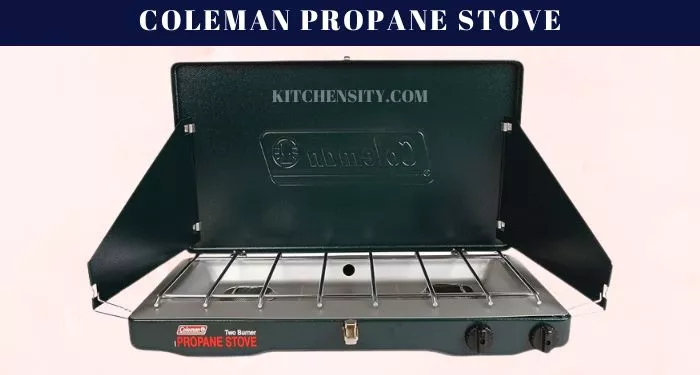
Propane stoves, including those manufactured by Coleman, emit carbon monoxide—a colorless, odorless gas that can be lethal in high concentrations. When used indoors without proper ventilation, carbon monoxide can accumulate, leading to carbon monoxide poisoning. Symptoms of carbon monoxide poisoning include headaches, dizziness, nausea, and even death in severe cases.
To ensure your safety and the safety of others, it’s crucial to follow the manufacturer’s instructions and only use propane stoves in well-ventilated outdoor areas. If you need a stove for indoor use, consider alternatives such as electric stoves or natural gas stoves, which are specifically designed and approved for indoor cooking and come with built-in safety features to prevent gas leaks and other hazards.
Also Read – Butane Vs Propane Stove
Can Propane Burner Be Used Indoors?
Propane burners can be used indoors, but it’s essential to do so with extreme caution and adhere to strict safety guidelines. When used indoors, propane burners should always be in a well-ventilated area to prevent the buildup of harmful gases, such as carbon monoxide.
Here are some important safety tips if you plan to use a propane burner indoors:
- Proper Ventilation: Ensure there is adequate ventilation in the indoor space where you plan to use the propane burner. This means having windows and doors open to allow fresh air circulation. Using the burner near an exhaust fan can also help in removing fumes.
- Carbon Monoxide Detectors: Install carbon monoxide detectors in the indoor area where the propane burner will be used. These devices can detect the presence of carbon monoxide, providing an early warning if dangerous levels of the gas accumulate.
- Regular Inspections: Regularly inspect the propane burner and its connecting hoses for signs of wear, damage, or leaks. Any issues should be addressed immediately to prevent gas leaks.
- Safe Storage: When not in use, store propane tanks outdoors in a cool, dry place, away from direct sunlight and heat sources. Never store propane tanks indoors.
- No Open Flames: Never use a propane burner near open flames, candles, or other sources of ignition. Keep the area around the burner clear of flammable materials.
- Supervision: Never leave a propane burner unattended while it is in use. Supervise the cooking process at all times to prevent accidents.
- Follow Manufacturer’s Instructions: Always follow the manufacturer’s instructions and guidelines for the specific propane burner you are using. Different models may have specific safety recommendations.
- Emergency Preparedness: Be aware of the location of emergency exits and have a fire extinguisher nearby in case of emergencies.
It’s important to note that using propane burners indoors carries inherent risks. If you are not experienced in using propane appliances safely, consider using alternative cooking methods indoors, such as electric stoves, which are designed for indoor use and do not emit harmful gases.
Also Read – Can Gas Stoves Explode?
Are Portable Propane Stoves Safe?
Yes, portable propane stoves can be safe when used correctly and responsibly, especially in outdoor settings like camping trips and picnics. To ensure their safe operation, it’s essential to follow specific safety guidelines.
- Proper ventilation is a fundamental requirement. These stoves should be used in well-ventilated areas, preferably outdoors or inside a tent with ample ventilation. Adequate airflow helps prevent the buildup of harmful gases, including carbon monoxide, which can be dangerous in enclosed spaces.
- Stability is also crucial. Placing the portable stove on a stable, flat surface prevents accidental tipping and spills. It’s essential to keep the stove away from flammable materials and maintain a safe distance from combustible items to minimize the risk of fire hazards.
- Additionally, never leave a portable propane stove unattended during use. Continuous supervision ensures immediate response to any issues, reducing the possibility of accidents.
- Regular inspections are vital for safety. Users should check the stove and its connecting hoses for signs of wear, damage, or leaks before each use. Promptly addressing any problems and replacing damaged parts maintains the stove’s integrity.
- Proper storage is another important consideration. When not in use, propane tanks and portable stoves should be stored separately in a cool, dry place away from direct sunlight and heat sources.
Following the manufacturer’s guidelines and instructions specific to the portable propane stove being used is crucial. Each model may have unique safety recommendations that users must adhere to for safe operation.
Additionally, it’s essential to be prepared for emergencies. Familiarizing yourself with emergency exits or escape routes and having a fire extinguisher on hand enhances safety in unforeseen circumstances.
Also Read – Can Electric Stoves Explode?
Are Propane Stoves Safer Than Natural Gas Stoves?
Propane stoves and natural gas stoves both have their respective safety considerations and determining which one is safer depends on various factors and how they are used.
- Propane stoves are generally considered safe when used outdoors or in well-ventilated areas. Proper ventilation is crucial to prevent the accumulation of harmful gases like carbon monoxide. Propane is stored in portable tanks, providing flexibility in usage. However, when used indoors without adequate ventilation, propane stoves can pose a significant risk, as propane can emit carbon monoxide, a colorless and odorless gas that can be lethal in high concentrations.
- Natural gas stoves, on the other hand, are typically installed in homes and connected to a natural gas supply line. They provide a continuous source of fuel, eliminating the need for portable tanks. Natural gas is lighter than air, so it tends to dissipate more quickly in the event of a leak, reducing the risk of carbon monoxide buildup. However, natural gas is also highly flammable, and leaks can lead to fire hazards.
In terms of safety, both types of stoves require proper installation, regular maintenance, and adherence to safety guidelines. It’s crucial to have carbon monoxide detectors installed in homes where gas stoves are used indoors to provide an early warning of any potential leaks.
Additionally, you should be aware of the signs of a gas leak, such as a hissing sound or the smell of sulfur or rotten eggs, and take immediate action if you suspect a leak, including ventilating the area, evacuating, and contacting the gas company.
Ultimately, both propane stoves and natural gas stoves can be safe when used responsibly, following safety protocols, and ensuring proper ventilation. Users should be aware of the specific risks associated with each type of stove and take necessary precautions to minimize those risks, making an informed decision based on their individual needs and circumstances.
Also Read – Difference Between Self-Ignition And Auto-Ignition
Do Propane Stoves Need To Be Vented?
Yes, propane stoves need to be vented, especially when used indoors. Proper ventilation is crucial to ensure the safe operation of propane stoves and prevent the buildup of harmful gases, such as carbon monoxide. Carbon monoxide is a colorless, odorless gas produced by the incomplete combustion of propane, and it can be lethal in high concentrations.
When using a propane stove indoors, it’s essential to have adequate ventilation to allow fresh air to circulate and carry away any potentially dangerous fumes. This can be achieved by opening windows and doors to create cross-ventilation or using exhaust fans to remove stale air and bring in fresh air from the outside.
Ventilation helps in dissipating any gases emitted during the burning of propane, reducing the risk of carbon monoxide poisoning.
In outdoor settings, where propane stoves are commonly used for activities like camping or picnics, natural ventilation is usually sufficient to disperse the gases safely.
However, even in outdoor spaces, it’s advisable to set up the stove in a well-ventilated area, away from tents or enclosed spaces, to ensure proper airflow.
Also Read – Do Gas Stoves Need To Be Vented?
Does Burning Propane Need Ventilation?
Yes, burning propane requires ventilation. Proper ventilation is essential to ensure the safe combustion of propane and to prevent the accumulation of harmful by-products, such as carbon monoxide. When propane burns, it produces carbon dioxide and water vapor, which are generally harmless.
However, incomplete combustion or inefficient burning of propane can result in the production of carbon monoxide, a colorless, odorless gas that can be deadly in high concentrations.
Whether indoors or outdoors, adequate ventilation is crucial for the safe use of propane appliances, minimizing the risk of dangerous gas accumulation.
Also Read – How To Properly Vent A Gas Stove?
Safety Measures to Consider When Using Propane Gas Stoves
When using propane gas stoves, several safety measures should be considered to ensure safe operation:
- Proper Ventilation: Always use propane stoves in well-ventilated areas to prevent the buildup of harmful gases, such as carbon monoxide.
- Carbon Monoxide Detectors: Install carbon monoxide detectors in indoor spaces where propane stoves are used to provide early warnings of gas leaks.
- Regular Inspections: Regularly inspect the stove and its connections for wear, damage, or leaks. Address issues promptly.
- Safe Storage: Store propane tanks outdoors in a cool, dry place, away from heat sources and direct sunlight.
- No Open Flames: Keep the stove away from open flames and flammable materials to prevent accidents.
- Supervision: Never leave the stove unattended while in use. Continuous supervision ensures prompt response to any issues.
- Follow Manufacturer’s Instructions: Adhere to the manufacturer’s guidelines for safe operation and maintenance of the propane stove.
- Emergency Preparedness: Be aware of emergency exits, have a fire extinguisher on hand, and know how to shut off the propane supply in case of leaks.
Also Read – My Electric Stove Burner Stays On High! Why?
Final Thoughts: Are Propane Stoves Safe Indoors?
In conclusion, when it comes to using propane stoves indoors, your safety should always be the top priority. While propane stoves offer convenience and versatility, they come with certain risks, especially when used in enclosed spaces. It’s crucial to follow strict safety measures, including proper ventilation, regular inspections, and the use of carbon monoxide detectors.
Remember to keep the stove away from flammable materials, never leave it unattended, and store propane tanks outdoors.
By being vigilant and adhering to these safety guidelines, you can enjoy the benefits of a propane stove indoors while minimizing the potential risks. Always prioritize your well-being and that of those around you. Stay informed, stay cautious, and cook indoors with confidence, knowing you’re taking the necessary precautions for a safe cooking experience.
Also Read – Can You Paint Gas Stove Grates?
Frequently Asked Questions (FAQs)
Are Propane Gas Stoves Safe Indoors?
Yes, propane gas stoves can be safe indoors when used with proper ventilation and adherence to safety guidelines.
Can I Use A Propane Stove In My Kitchen?
Yes, you can use a propane stove in your kitchen, but it’s crucial to ensure proper ventilation and follow safety guidelines.
How Often Should I Inspect My Propane Stove?
Regular inspections are essential. It’s recommended to inspect your propane stove at least once every six months.
Are Propane Stoves More Efficient Than Electric Stoves?
Propane stoves are often considered more efficient due to their instant heat and precise temperature control.
What Should I Do If I Smell Gas Using A Propane Stove?
If you smell gas, immediately turn off the stove, open windows for ventilation, and leave the area. Contact a professional to inspect for leaks.
Can I Store Propane Tanks Indoors During The Winter?
It’s not safe to store propane tanks indoors, especially during the winter. Always store them outdoors in a well-ventilated area.
🔧 Stove Expert | 🔥 Gas Guru | 🏠 DIY Enthusiast | 🎨 Painter Extraordinaire
John Davis is your go-to source for all things stoves, from expert repairs to maintenance tips. With a deep understanding of gas systems, including natural and propane, John ensures your kitchen stays cooking safely. His passion for DIY home and kitchen projects shines through his stunning paint transformations. Trust John to bring warmth and functionality to your home, one stove at a time.

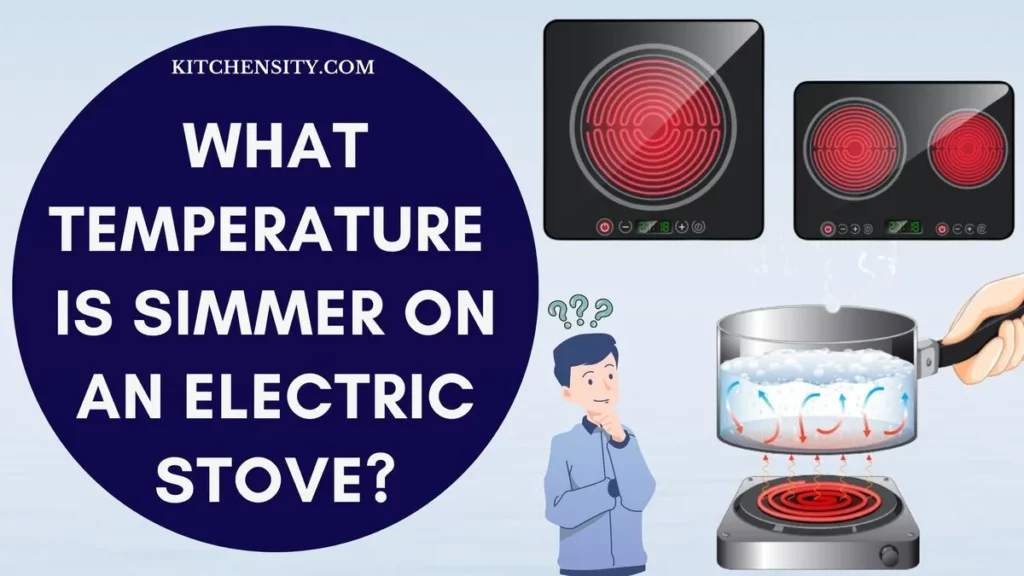
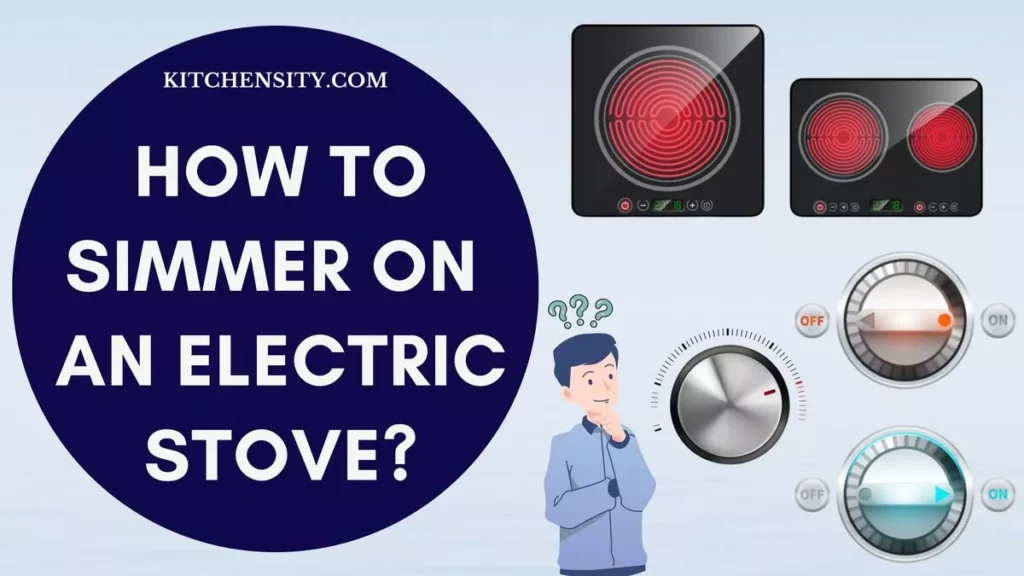
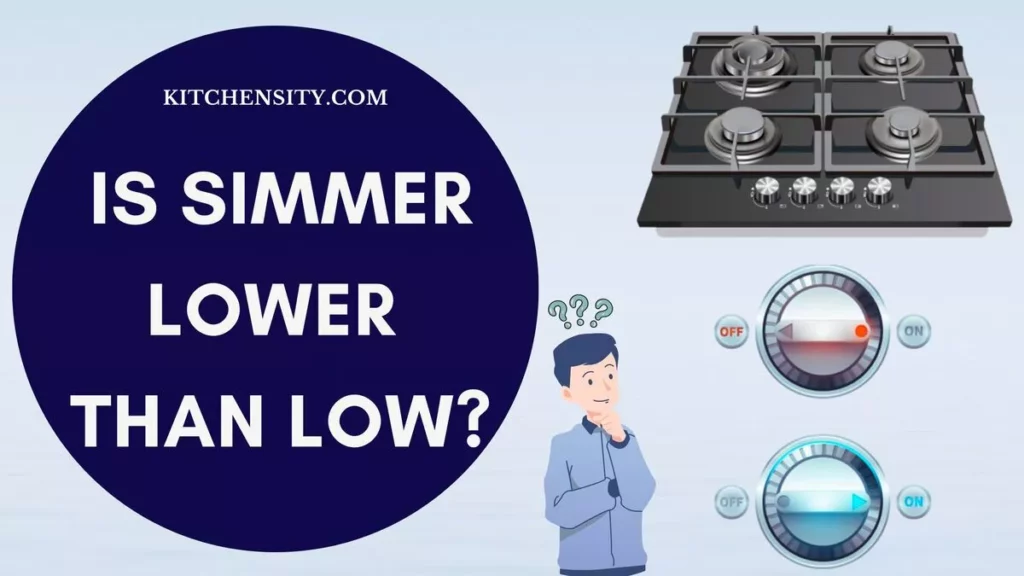

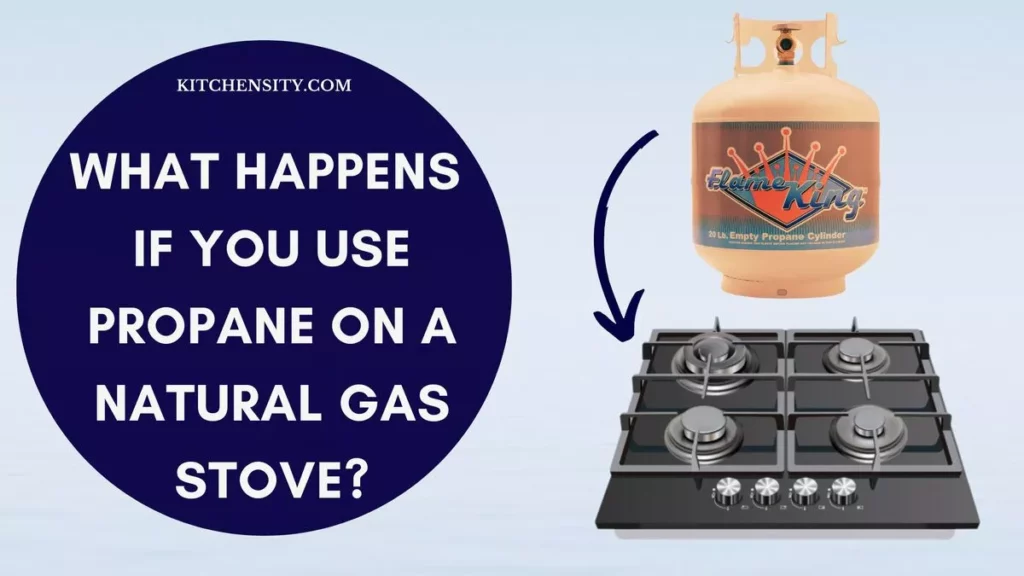
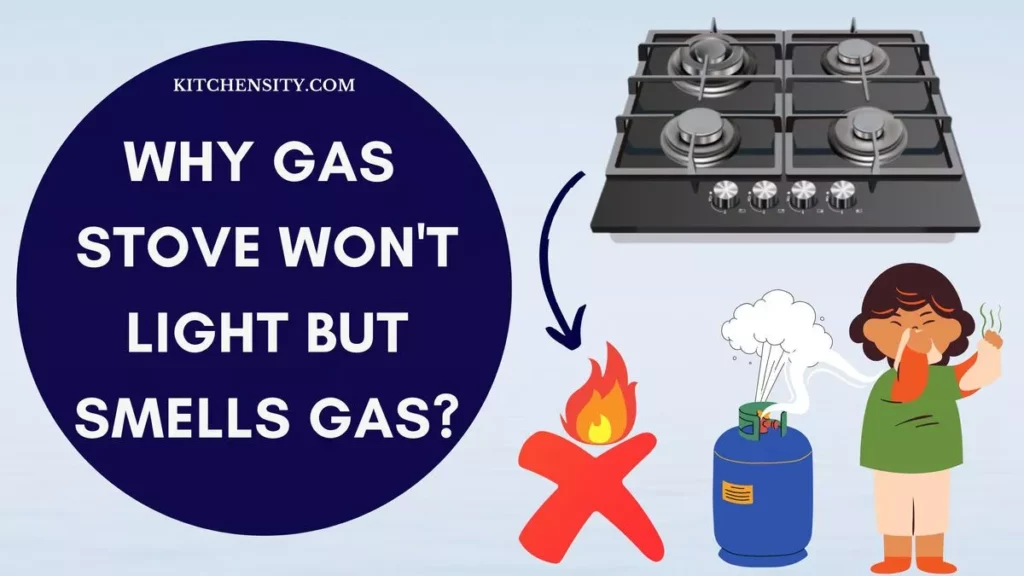
First Fuel and Propane offers delivery of propane for both residential and commercial purposes in various counties including Albany, Schenectady, Saratoga, Columbia, Dutchess, Warren, Green, Washington, Rensselaer in the state of New York, as well as Berkshire County in Massachusetts.